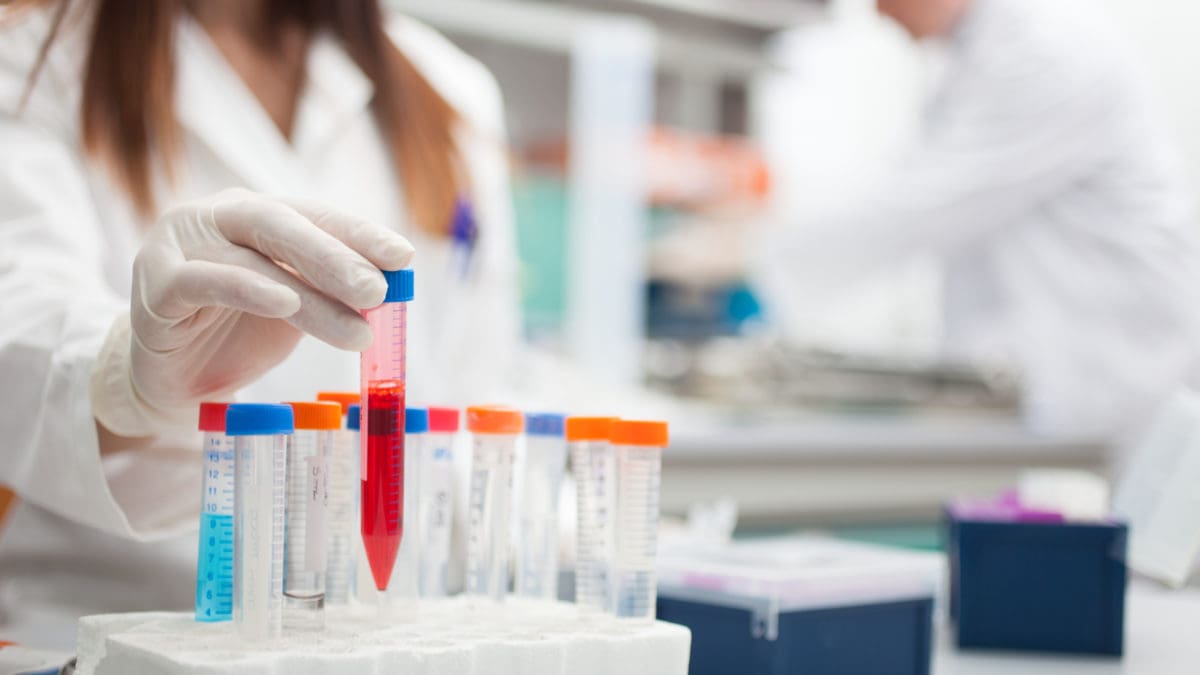IPHA launches #InvestInOurFutures ahead of new Agreement talks and Budget


IPHA launches #InvestInOurFutures ahead of new Agreement talks and Budget
The Irish Pharmaceutical Healthcare Association (IPHA) has launched #InvestInOurFutures, a campaign aimed at supporting negotiations on a new medicines supply Agreement and advocating for enough funding for new medicines in the Budget.
The campaign features five video assets – one hero film and four motion graphics. The hero film makes the case for medicines, treating them as an investment and not just as a cost. The motion graphics break out the economic and clinical impact of medicines innovation, as well as illustrating the access to medicines problem and how it can be fixed.
The campaign comes as the industry prepares to start negotiations with the State on a new supply Agreement. New figures show Ireland lagging European peers on speed of access to new medicines.
Data, gathered by data analysts IQVIA for EFPIA, the European industry body, place Ireland in 18th place for time to availability for 152 medicines, with an average of 477 days to reimbursement.
Among western European countries, only France and Portugal are slower than Ireland. Other countries, including Austria, Belgium, Denmark, Finland, Norway, Sweden, Germany, Greece, Italy, Spain, the Netherlands, England and Scotland, are faster.
Germany is four times faster than Ireland to make new medicines available to patients through public reimbursement. It takes almost three times as long to make new medicines available to patients in Ireland compared to Denmark.
For cancer medicines, Ireland is in 21st place for time to availability, with an average of 606 days to reimbursement. We are in 24th place for time to availability for orphan medicines which treat rare conditions, with an average of 756 days to reimbursement.
A new supply Agreement, and a Budget funding announcement, can begin to address Ireland’s problem with introducing innovative new medicines in the health services.
Oliver O’Connor, Chief Executive at IPHA, said: “This Government, especially the Taoiseach, Micheál Martin, the Minister for Public Expenditure, Michael McGrath, and the Minister for Health, Stephen Donnelly, deserve credit for providing €50 million for new medicines this year. The allocation is releasing a backlog of medicines that had gathered due to a funding freeze imposed in 2019.
“But data shows Ireland still has a major problem with speed of access to new medicines, compared with peer countries in western Europe. It is not because all these countries’ assessment processes are somehow less stringent than ours. Our processes are not organised to deliver fast access for patients. A funding shortfall in previous years has meant medicines were left unfunded, even when they were deemed cost-effective after price negotiations. We need to fix these problems, together, through a new supply Agreement and in Budget 2022.
“Innovative medicines have significantly improved survival, delivering treatments to patients with chronic diseases, tackling previously untreatable cancers and genetic conditions, eliminating some infectious diseases and addressing unmet medical needs.
“In recent years, innovation in medicines has been fast. The industry’s pipeline is strong. The true value of innovation is realised when patients have access to it. So, we need to design a reimbursement process that works better and to build a funding framework that is sustainable for the health system and delivers faster access to innovation for patients. These should be urgent priorities for both industry and the State.
“Investing in medicines is investing in our futures.”
The campaign, #InvestInOurFutures, is live across Twitter, Facebook and LinkedIn and on ipha.ie.


